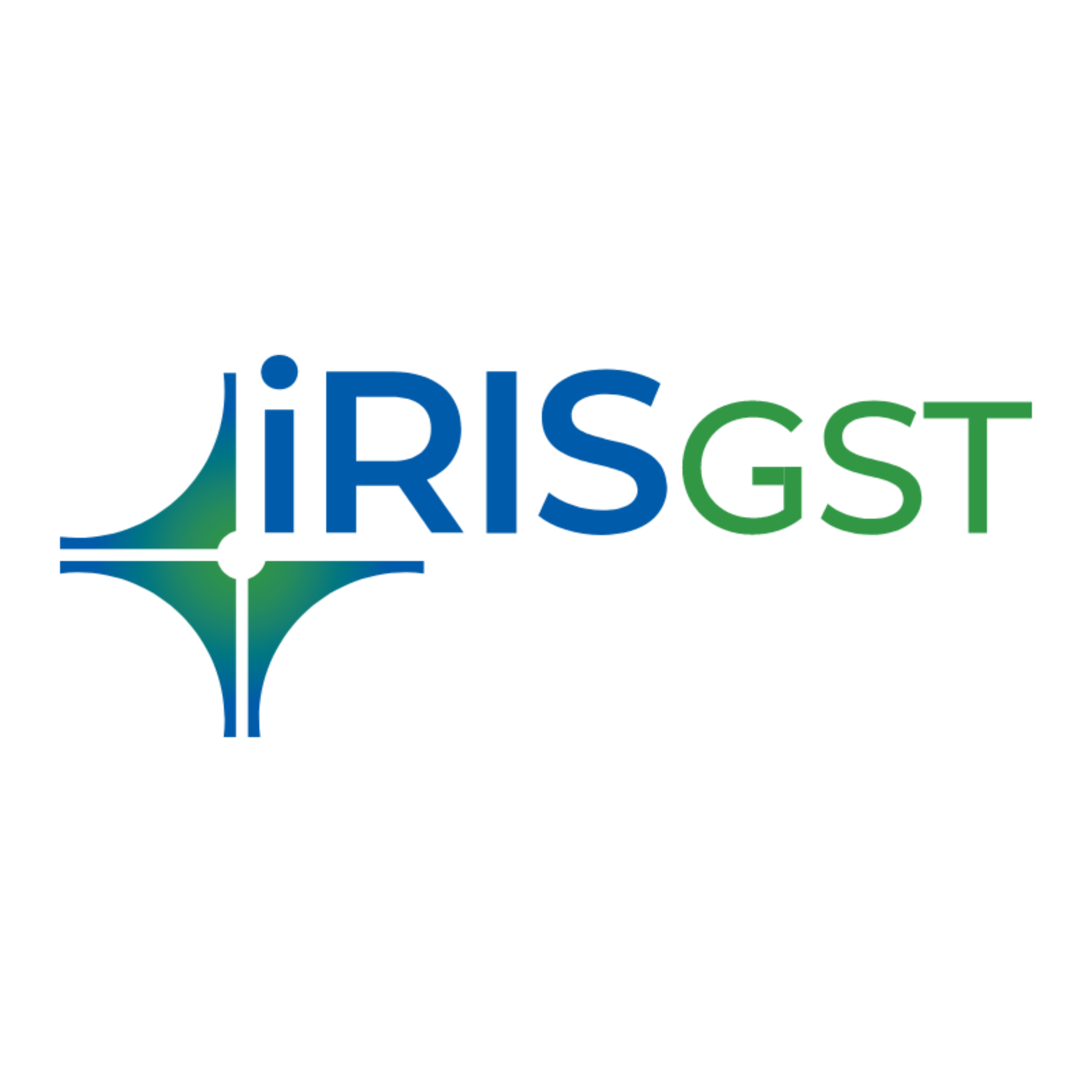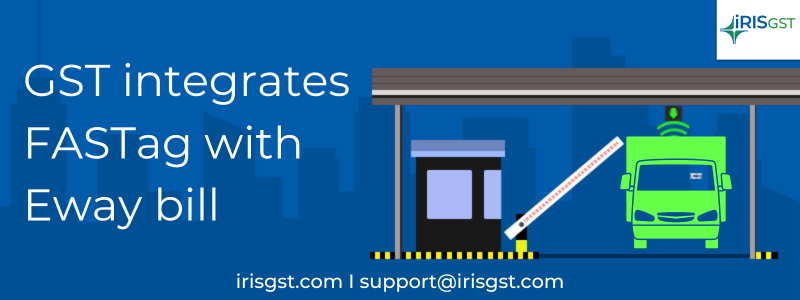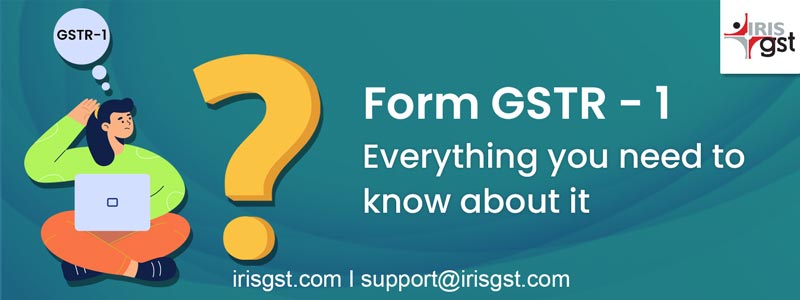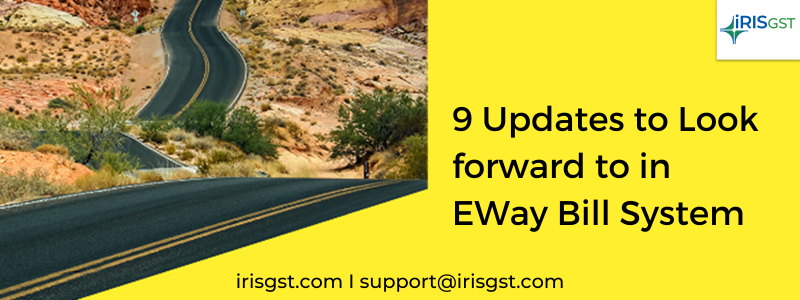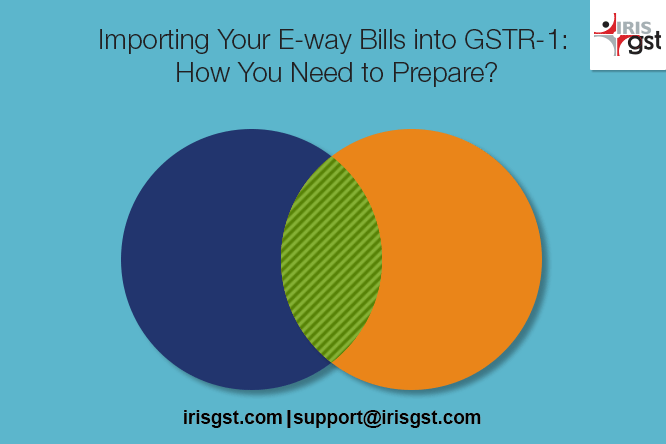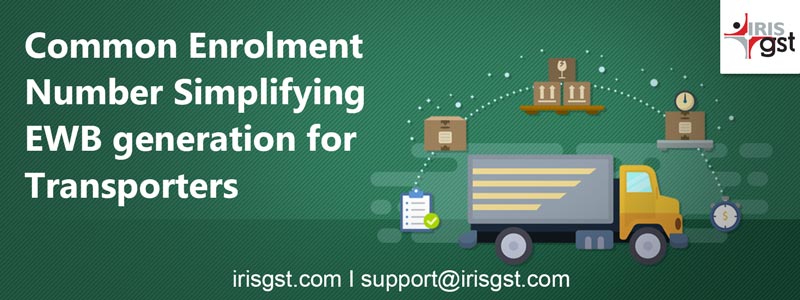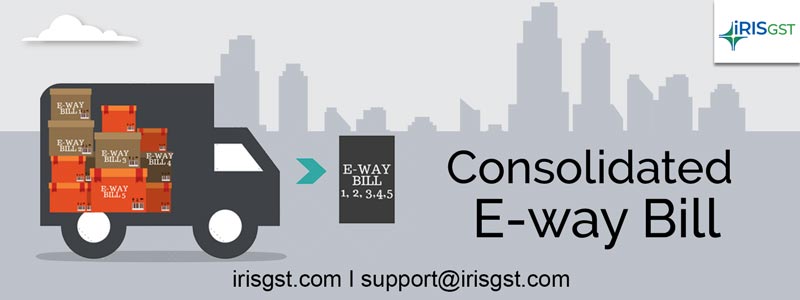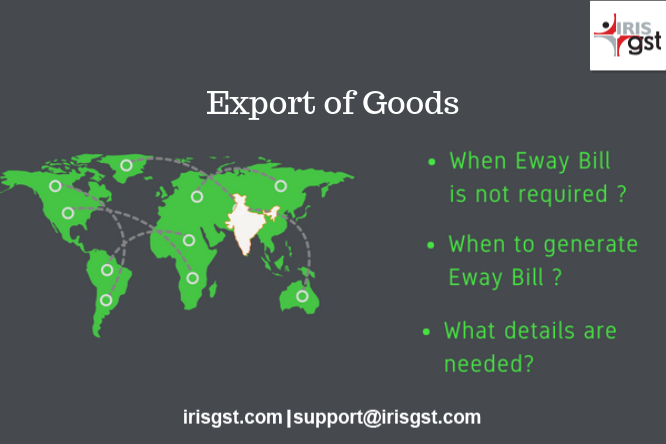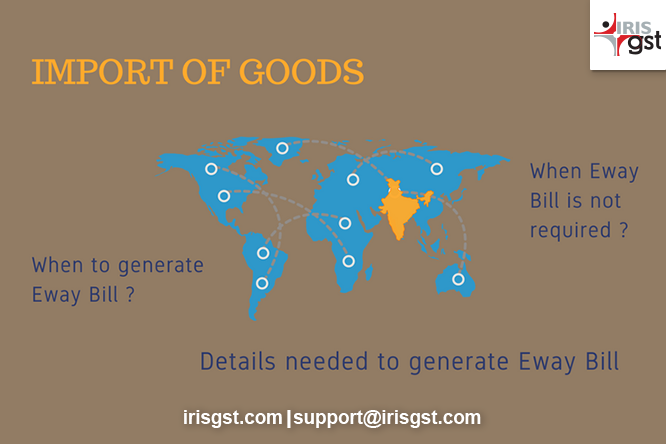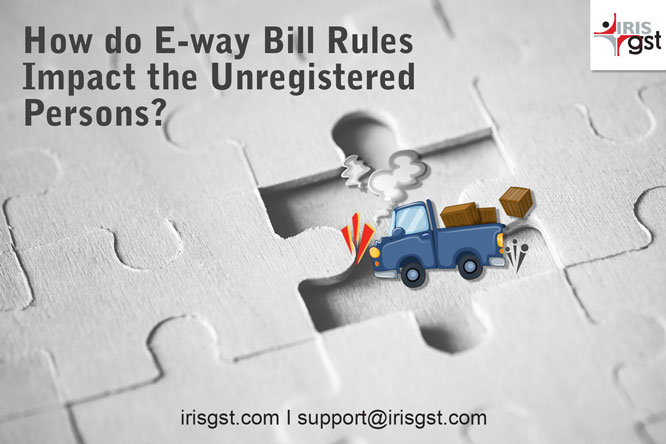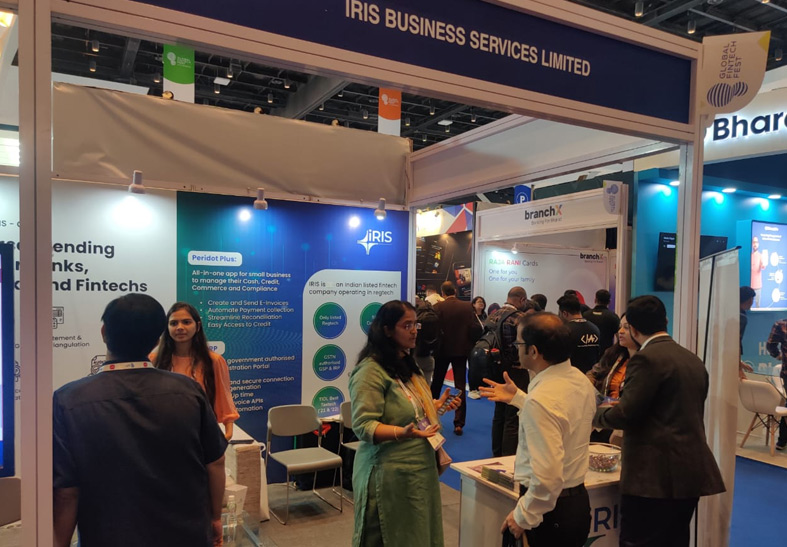The integration of GST EWay Bill with FASTag, envisaged in January 2019 with the revenue department setting up an officers committee to integrate e-way bill, FASTag and Delhi-Mumbai Industrial Corridor’s (DMIC’s) Logistics Data Bank (LDB) services, finally came into effect last week.
Clearing the fog about a major misconception surrounding the E-invoice generation, it is not mandatory for a taxpayer to generate E-invoice through the government’s tax portal.
GSTR-1 is a monthly or quarterly return (based on taxpayer’s annual turnover) that should be filed by every registered dealer. Know more about the duedate, format and eligibility here!
The authorised personnel can penalise a registered person or the consigner with a fine of Rs. 10,000 or the amount of the tax being evaded, (whichever is greater) if the person was caught
In an attempt to lower the possibilities of GST evasion, e-way bill system was rolled out on April 1, 2018, for inter-state movement of goods worth over Rs 50,000.
GSTR1 is essentially a detailed report on all of your outward supplies, EWB is a sub-set to the GSTR 1 carrying details of only those outward supplies where there is movement of goods over and above a threshold limit.
Common Enrolment number is a 15-Digit unique number available exclusively for transporters registered in multiple states under a single PAN, for the generation and updation of their EWB.
E-way Bill is to be issued irrespective of whether the movement of goods is caused by reasons of supply or otherwise.
Eway Bill under Bill-to and Ship-to’ is a common business scenario wherein the party to whom invoice is billed is different from the party actually receiving the goods or services.
Eway Bill, which came into effect from 1st April, is to be generated for all movement of goods and covers goods being exported and imported.
Eway Bill rules are now effective across the country for movement of goods. The Eway Bill rules also apply to import and export transactions and let us understand more about import transactions in this blog.
E-way bill provisions have come into effect from 1st April 2018 for inter-state transactions and in a staggered manner will be rolled out for intra-state transactions by 1st June 2018.
